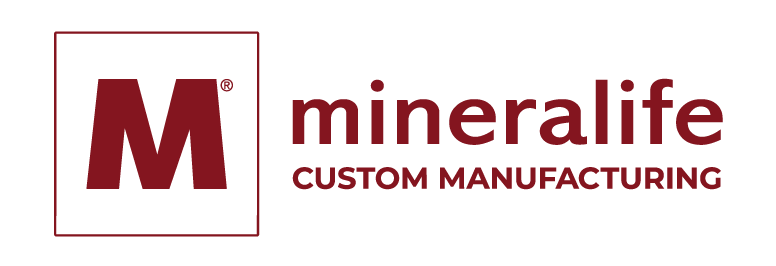Supplement manufacturing in-house, though desirable, may not be feasible. Materials and time are finite resources, and manufacturing expertise is costly. The former should not prevent your supplement production goals. Consider adjusting your mode of production to contract manufacturing.
Presumably, you have stumbled across this post with the intent of learning more about supplement manufacturing. What it is and what benefits it brings. Content below provides definition and offers benefits of the practice.
Defining Contract Manufacturing
It is a form of outsourcing. An agreement between a manufacturer and company. The manufacturer will make products, or product components, on an agreeable, predetermined timeline.
After the contract manufacturer completes their manufacturing portion, the outsourcing company will use the product in their own manufacturing. If the contract manufacturer is wholly producing the product for the outsourcing company, they will then return the completed product.
The following list details elements the may be outsourced in the nutraceutical industry:
- Research: perform keyword and brand research
- Sourcing: source and obtain high quality ingredients
- Development: utilize experiential knowledge of product development
- Manufacturing: wholly outsource supplement manufacturing
- Quality Control: experiential quality control, certification, and compliance
Benefits of Contract Manufacturing
Contract manufacturing offers a solution to the finite nature of manufacturing and production. Though not exhaustive, below you will find three key benefits of contract manufacturing.
(1) Secure Market Entry
Establishing a reliable reputation is essential when entering the market. Small businesses struggle to maintain consistent production. Contract manufacturing resolves this.
Allows companies to produce consistent, quality products.
Increase your likelihood of producing consistent, high-quality products. Reliability gains recognition and promotes retention in the market.
(2) Increased Field Knowledge

It will provide outsourcing companies with substantive knowledge—expert advice. Outsourcing to experienced professionals allows you to create a successful product through those well-versed in the market.
Access expert knowledge while retaining product ownership.
Take supplement manufacturing for example—manufacturers offer expert advice in the formulation-to-labeling process. The outsourcing supplement company benefits from manufacturer knowledge, while retaining ownership and control of their product.
(3) Lowered Costs
Finite costs tend to push companies towards outsourcing. Omitting factory costs—purchasing, maintaining, repairing equipment—creates surplus funds for companies to use elsewhere.
Outsourcing decreases machinery and staffing expenses.
Outsourcing manufacturing decreases costs further by eliminating the need for factory staff. Contract manufacturers have established staffing. The cost does not fall on the outsourcing company.
Quick Facts:
Contract manufacturing is a form of third-party outsourcing.
Benefits include the following:
- Secure Market Entry: allow companies to produce consistent, quality product
- Increased Field Knowledge: access to expert knowledge while retaining ownership
- Lowered Costs: outsourcing decreases machinery and staffing expenses
